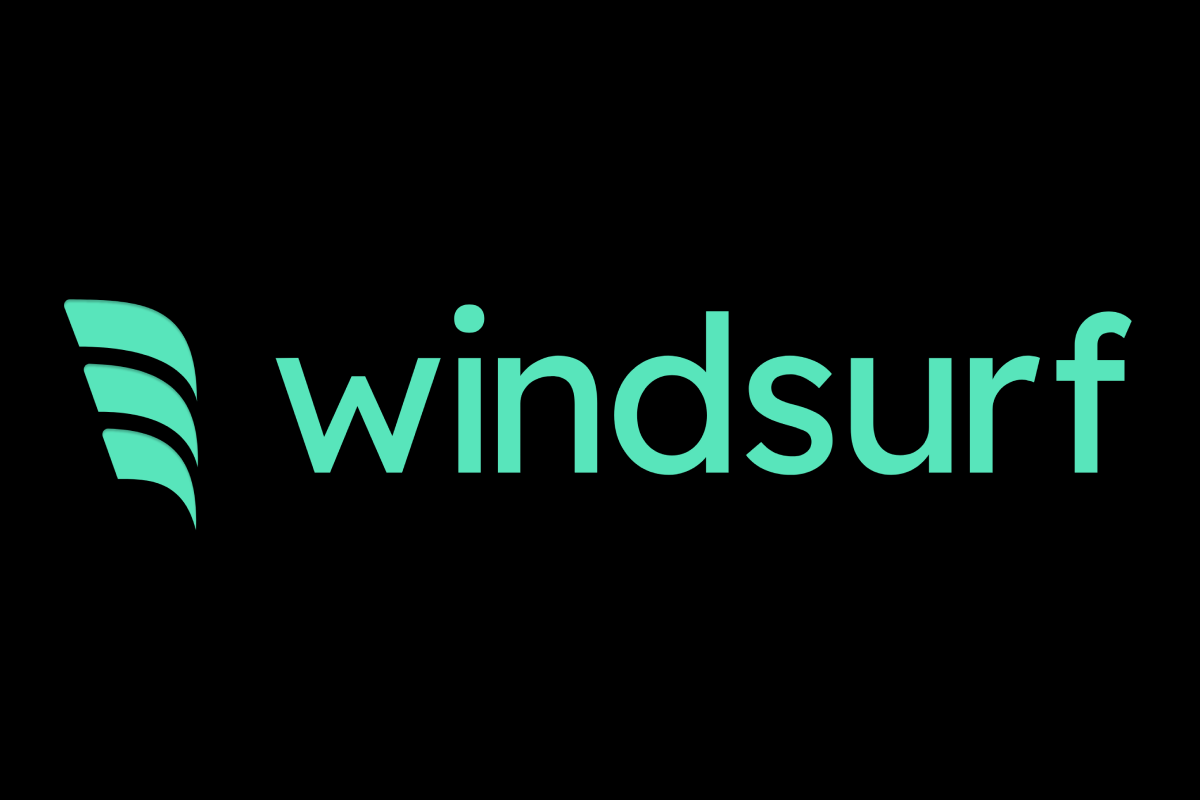In the fast-evolving world of artificial intelligence, high-profile acquisitions have become increasingly common. Yet, OpenAI’s latest move has captured significant attention due to its sheer scale. According to Bloomberg, citing sources close to the deal, OpenAI is set to acquire Windsurf for an amount close to $3 billion. While the transaction has not been formally finalized, it represents OpenAI’s largest acquisition to date and confirms rumors that surfaced earlier this year.
What is Windsurf?
Windsurf, formerly known as Codeium, is an AI-powered coding assistant designed to support programmers and software developers in their work. Essentially, it is an advanced artificial intelligence tool that helps automate and streamline coding tasks, making the development process faster and more efficient. The technology behind Windsurf leverages machine learning models trained to understand and generate code snippets, debug programs, and suggest improvements in real time.
This acquisition marks OpenAI’s strategic push beyond general-purpose language models like ChatGPT into highly specialized AI tools tailored for professional developers. By integrating Windsurf’s capabilities, OpenAI aims to strengthen its position in the competitive market of AI-powered developer tools.
Potential Conflicts and Controversies
Despite the excitement, the acquisition has raised some eyebrows due to possible conflicts of interest. OpenAI’s own Startup Fund has previously invested in other companies developing AI coding assistants. With the purchase of Windsurf, OpenAI risks becoming a direct competitor to some of the very startups it helped fund. This scenario presents a potential conflict of interest and strategic tension that industry analysts had already highlighted back in April when the initial negotiation rumors emerged.
Moreover, the timing of this acquisition is notable. OpenAI recently abandoned its plans to restructure as a fully for-profit entity after facing criticism and legal challenges, including a lawsuit and a buyout attempt led by co-founder Elon Musk. This high-value deal signals OpenAI’s commitment to growth despite these setbacks, reinforcing its image as one of the world’s most valuable private AI companies, backed by major investors like Microsoft and SoftBank.
OpenAI’s Growing Influence in AI
The $3 billion acquisition of Windsurf places OpenAI in a stronger position within the booming AI ecosystem. While OpenAI is widely recognized for its work with large language models, this move highlights its ambition to dominate specialized AI applications that target specific professional fields such as software development.
By expanding its portfolio with tools like Windsurf, OpenAI is not only broadening its technological reach but also solidifying its role as a central player in the AI revolution. The integration of Windsurf’s coding assistant technology could lead to enhanced productivity for developers worldwide, further embedding AI into everyday workflows and software creation.
What’s Next?
The final closure of the deal remains to be seen, as well as how OpenAI will manage the potential competitive dynamics with startups in its investment portfolio. Nonetheless, this acquisition clearly illustrates OpenAI’s ongoing strategy to move aggressively in the AI market and consolidate its leadership.
As artificial intelligence continues to reshape industries, OpenAI’s bold investments and acquisitions underline the company’s intention to remain at the forefront of innovation, delivering cutting-edge AI tools not only for general users but also for professional developers around the globe.


